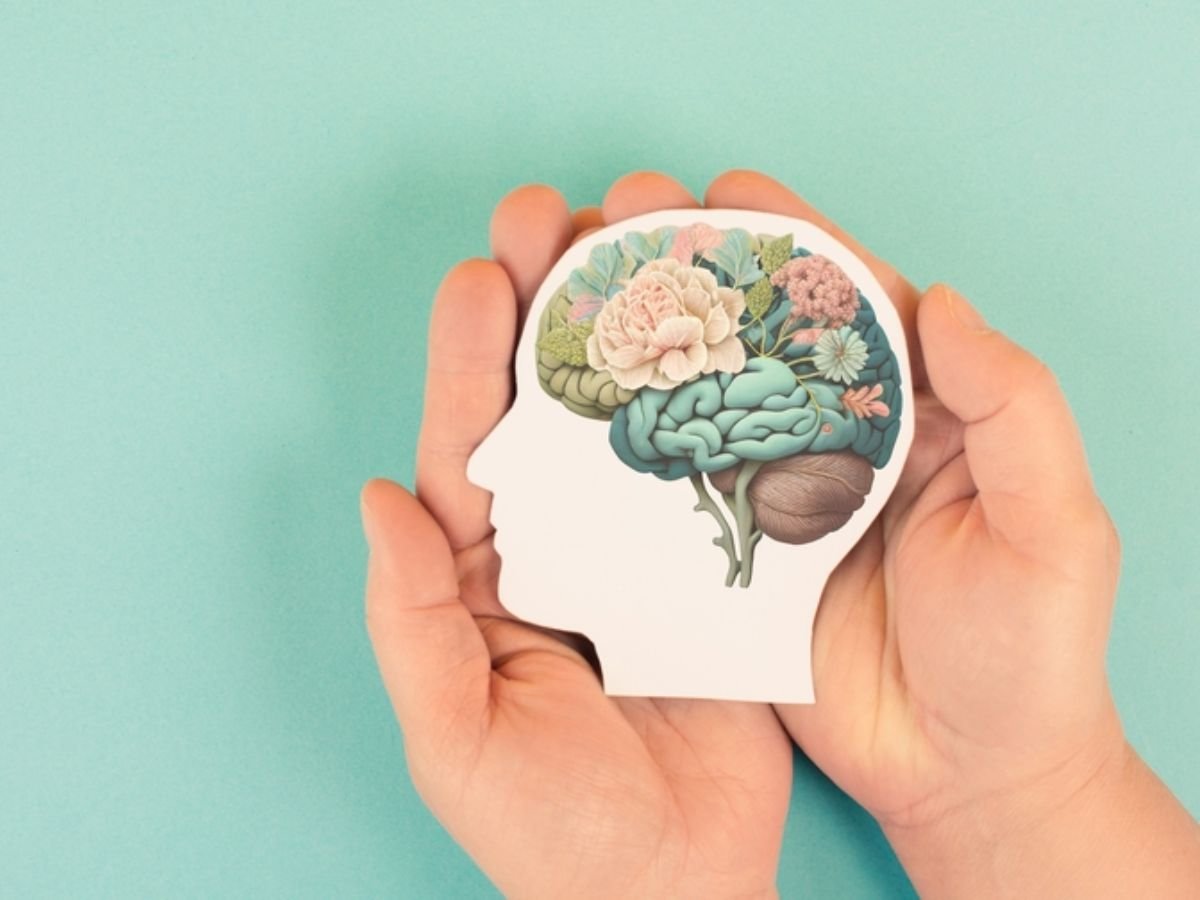In today’s fast-paced world, maintaining mental health can sometimes feel like an overwhelming challenge. With constant demands from work, family, and social obligations, it’s easy to neglect your own well-being. The good news is that by creating a mental wellness routine, you can incorporate self-care practices into your everyday life, leading to better balance, emotional resilience, and overall mental health.Here we’ll explore how you can establish a daily routine centered around self-care for mental health, along with the strategies to help you stay consistent and make lasting positive changes.
Why a Mental Wellness Routine is Crucial for Your Mental Health
A mental wellness routine is a personalized, structured approach to maintaining mental health, similar to how you would maintain physical health with exercise and nutrition. Mental health practices can be proactive, preventative, and therapeutic, and they aim to reduce stress, improve emotional regulation, and enhance overall well-being.
Research on Self-Care and Mental Health
According to the American Psychological Association (APA), self-care for mental health plays a critical role in preventing burnout and managing emotional stress. Studies show that individuals who practice regular self-care experience lower levels of anxiety and depression and better emotional regulation. Incorporating self-care habits into your routine can lead to greater feelings of happiness, improved productivity, and better interpersonal relationships.
Incorporating self-care into your daily life can help reduce feelings of overwhelm, anxiety, and depression, especially in times of high stress. A consistent routine also provides structure and stability, helping to manage both the mental and physical aspects of your well-being.
How to Create a Mental Wellness Routine for Balance
1. Start Your Day with Mindfulness or Meditation
The way you start your day sets the tone for your mental wellness. Begin your morning with mindfulness practices such as meditation, deep breathing, or journaling to center your mind and reduce stress.
Actionable Tip:
Try a 5-minute meditation or mindfulness breathing exercise when you first wake up. Apps like Headspace or Calm offer guided meditations that are perfect for beginners. This practice helps ground you before the chaos of the day begins, setting a positive and mindful tone.
2. Prioritize Physical Movement
Physical exercise is not only essential for physical health but also has profound benefits for mental wellness. Regular movement can improve mood, reduce anxiety, and boost self-esteem.
Actionable Tip:
Incorporate at least 30 minutes of physical activity into your daily routine. This could be anything from a brisk walk, yoga, dancing, or strength training. Exercise releases endorphins, the body’s natural stress relievers, and helps combat symptoms of depression and anxiety.
3. Nourish Your Body with Healthy Foods
Nutrition plays a critical role in mental health. A diet rich in whole foods, including fruits, vegetables, lean proteins, and healthy fats, supports brain function and emotional stability.
Actionable Tip:
Aim to incorporate foods high in omega-3 fatty acids (like salmon or walnuts) and antioxidants (like berries or spinach) into your diet. These have been shown to support cognitive function and reduce symptoms of anxiety and depression.
4. Set Boundaries for Work and Social Time
Mental wellness isn’t just about relaxation; it’s also about maintaining balance in your responsibilities. Setting boundaries in your work and social life can prevent burnout and help you maintain a healthy mental state.
Actionable Tip:
Create clear boundaries by designating specific times for work and relaxation. For example, stop checking work emails after a certain hour, and ensure you have time each day dedicated to activities that bring you joy or relaxation, such as reading, spending time with loved ones, or pursuing a hobby.
5. Incorporate Rest and Sleep
Adequate sleep is essential for mental and emotional well-being. Lack of sleep can lead to irritability, poor concentration, and increased anxiety. A well-rested mind is more resilient and better equipped to handle daily challenges.
Actionable Tip:
Aim for 7-9 hours of sleep per night. Create a relaxing bedtime routine—such as reading, taking a warm bath, or practicing light stretching—before bed to help you wind down and improve sleep quality.
Benefits of a Mental Wellness Routine for Self-Care
1. Reduced Stress and Anxiety
A well-established mental wellness routine helps mitigate the effects of stress by offering regular outlets for relaxation and emotional processing. This, in turn, lowers anxiety levels and improves your ability to cope with stress.
Research Insight:
A 2020 study published in Frontiers in Psychology found that individuals who regularly practiced mindfulness and self-care had significantly lower levels of cortisol (the stress hormone) and experienced improved emotional well-being.
2. Enhanced Emotional Resilience
Having a set routine that incorporates self-care practices helps you build emotional resilience. By nurturing your mental health daily, you develop the ability to bounce back more quickly from challenges and setbacks.
Personal Story:
Jane, a full-time professional, began incorporating daily mindfulness practices and exercise into her routine. Over time, she found that she was able to manage her stress more effectively and felt more capable of handling the emotional ups and downs of her personal and professional life.
3. Improved Mood and Mental Clarity
When your mental wellness is a priority, you’ll likely experience better mood regulation and improved focus. A routine that balances work, relaxation, and self-care helps you feel more energized and clear-headed throughout the day.
Benefit Highlight:
Self-care practices such as journaling, gratitude exercises, and mindfulness enhance your ability to reflect and maintain a positive outlook, reducing feelings of hopelessness or negativity.
4. Better Sleep Quality
By prioritizing self-care, especially through physical activity and setting boundaries for work, your sleep quality will improve. Quality sleep is crucial for overall mental wellness and will help you feel more refreshed and capable of tackling the day ahead.
Mistakes to Avoid When Creating a Mental Wellness Routine
1. Overloading Your Schedule
While a mental wellness routine is important, overloading your day with too many tasks can lead to burnout. Start with small, manageable habits and gradually build your routine over time.
Avoid:
Starting with too many activities, which may lead to stress or frustration. Instead, begin with one or two manageable practices and gradually add more as you get comfortable.
2. Neglecting Flexibility
While consistency is key, it’s also essential to remain flexible. Life can be unpredictable, and sometimes you may not have time for a full wellness routine. Be kind to yourself and allow room for adjustments.
Avoid:
Being too rigid about following your routine. Missing a day or modifying your routine doesn’t mean failure—just pick up where you left off.
3. Ignoring Mental Health Check-Ins
Self-care isn’t just about the activities; it’s about understanding how you’re feeling and adapting accordingly. Regular mental health check-ins are vital to assess how your routine is impacting your well-being.
Avoid:
Ignoring your emotions or symptoms of stress. Take time to assess how you’re feeling and whether your routine needs adjustment to better serve your mental health needs.
Final Thoughts
Creating a mental wellness routine is an effective way to prioritize self-care for mental health and cultivate a sense of balance and well-being in your everyday life. With small but consistent steps, you can improve your emotional resilience, reduce stress, and experience better mental clarity. Remember, the key to success is consistency and self-compassion—be patient with yourself as you build this routine and make it your own. Have you started creating a mental wellness routine yet? Share your experiences or any tips in the comments below!















Leave a Reply
View Comments